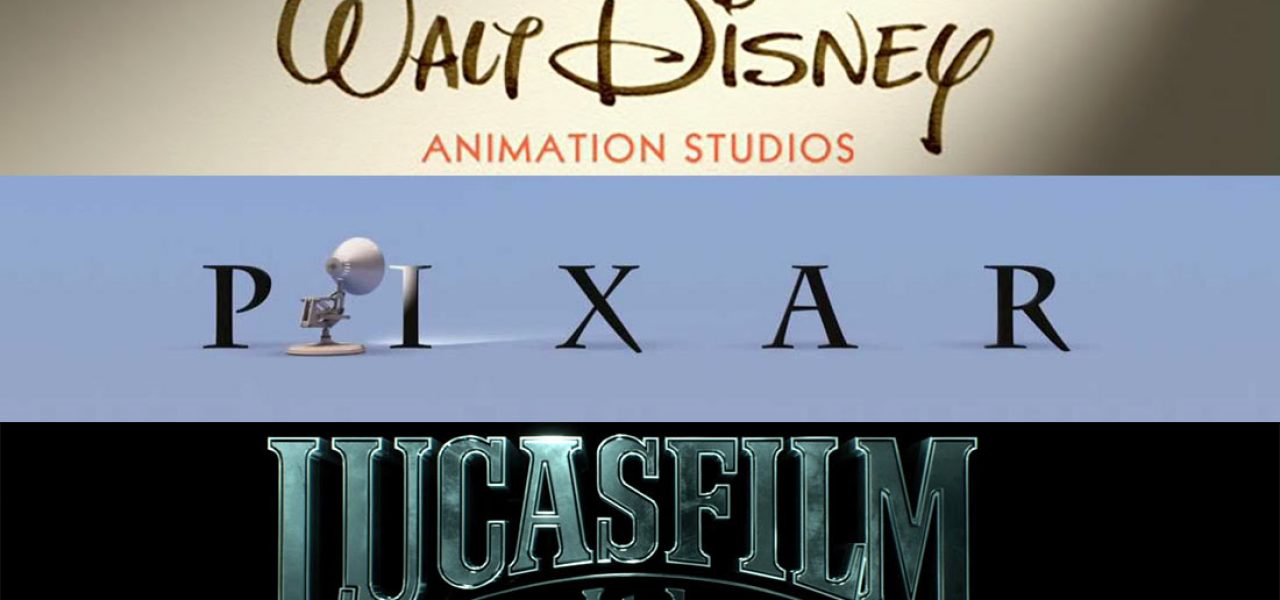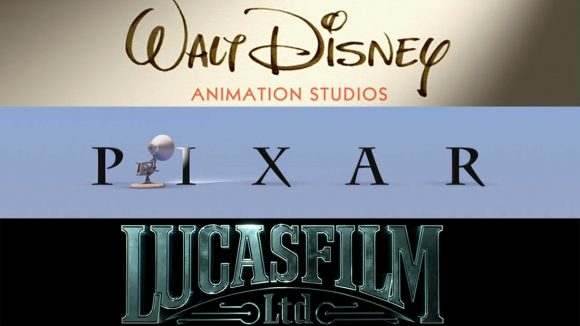

The Artists Win! Disney, Pixar, and Lucasfilm To Pay $100 Million in Wage-Theft Lawsuit
They said it couldn’t be done, but it looks like the animation workers have prevailed over Walt Disney Animation Studios, Pixar, and Lucasfilm, who have agreed to a settlement of $100 million in the ongoing class action lawsuit involving wage theft and antitrust claims. Two Pic MC (formerly Imagemovers Digital) will also be part of this settlement.
The three Walt Disney Company-owned studios on Tuesday filed with the U.S. District Court in northern California a motion for approval of the settlement agreement reached between the parties. If the settlement is approved by the court, it will bring to a close the class action lawsuit that exposed a scheme by feature animation studios to artificially keep labor costs low.
The studios were able to achieve this by conspiring to set salary limits and avoid hiring artists from other studios, thereby circumventing the free market for the skills and talents of their artists. (Cartoon Brew has covered the story for the last two-and-a-half years.)
Those involved in the scheme included some of the biggest names in the tech and entertainment industries, including computer animation pioneer and Disney and Pixar president Ed Catmull, Apple legend Steve Jobs, DreamWorks Animation founder Jeffrey Katzenberg, and Star Wars creator George Lucas.
The settlement amount is tacit recognition that the artists might otherwise have been able to earn many more millions of dollars for their talents and skills.
The suit originally grew out of a U.S. Justice Department investigation into similar illegal business practices in the high tech industry, involving such behemoths as Google, Apple, Intel, and Adobe. That suit resulted in a settlement of $415 million. It was the deposition Ed Catmull during that case, as well as the revelation of certain e-mails that alerted plaintiffs Robert Nitsch, David Wentworth, and Georgia Cano that they, too, may have been the victim of corporate malfeasance.
In September 2014, Nitsch filed his lawsuit and in December 2014, he consolidated his claims with those of Wentworth and Cano into a class action. After a dismissal of their suit due to statute of limitations issues, Nitsch, Wentworth, and Cano managed to revive their suit in August 2015 and reached settlements with Sony, Blue Sky, and DreamWorks Animation last year.
Now the suit likely concludes in a remarkable climax that increases the settlement fund by over 140%. The total amount of the various settlements now nears $170 million, including $50 million from Dreamworks Animation, $13 million from Sony Pictures Animation and Sony Imageworks, and $6 million from Fox’s Blue Sky Studios.
The money will be distributed from a court-approved settlement fund to animation artists who qualify for the class and who worked at the studios involved from approximately 2004-2010. The number of artists who qualify as class members will likely reach into the thousands.
Before approving the settlement. Judge Lucy Koh will consider the fairness of the settlement amount, the quality of the negotiations among the parties’ attorneys, and the effectiveness of the proposed notice of the settlement to class members. The studios here, referred to in the court filing as the “Disney Defendants,” propose to provide notice to class members by mail and/or e-mail, and promise to provide to the plaintiffs “the full name, social security number, all known email addresses, last known physical address, dates and location of employment, and all know compensation information…during the defined class period.”
Similar notice provisions proposed by Blue Sky and Sony Pictures Animation were previously approved by Judge Koh. Tuesday’s court filing notes that the plaintiffs have analyzed over 350,000 documents, and deposed close to thirty witnesses.
A final fairness hearing has been proposed for March 9, 2017. It will hopefully put an end to an ugly episode in animation history and serve as a reminder to animation studios that their workers need to be treated with respect and fairness.



